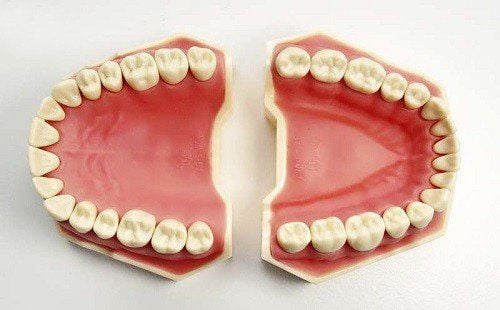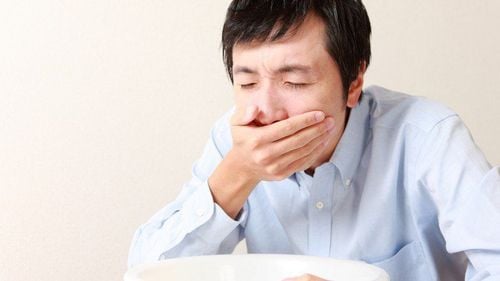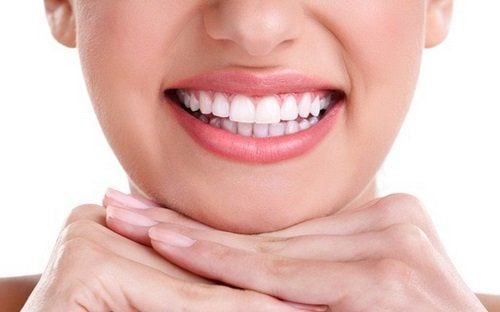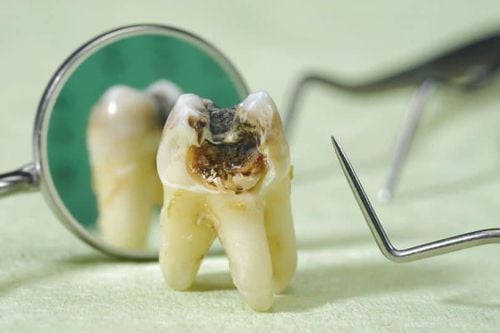This is an automatically translated article.
Over time or due to living habits, teeth can still turn yellow. To remove that yellow plaque, there are many types of teeth whiteners on the market to suit the needs and budgets of a wide range of customers.
1. Why do teeth change color?
There are two types of tooth discoloration, each of which depends on the origin and location of the discoloration:
Extrinsic discoloration is often related to habits or behaviors such as tobacco use, consumption of beverages such as wine red, coffee, tea or cola or consuming highly pigmented foods and it leads to the accumulation of colored compounds on your enamel. Internal stains occur in the enamel or in the underlying dentin, usually due to aging or a genetic disorder such as a phylogenetic defect. Your enamel becomes more opaque with age, allowing more of the yellow dentin to expose and resulting in a yellow color. So is teeth whitening the best way to treat discolored teeth? This depends on many factors, while yellow teeth usually respond well to teeth whiteners, brown teeth or porcelain teeth, filled teeth may not.
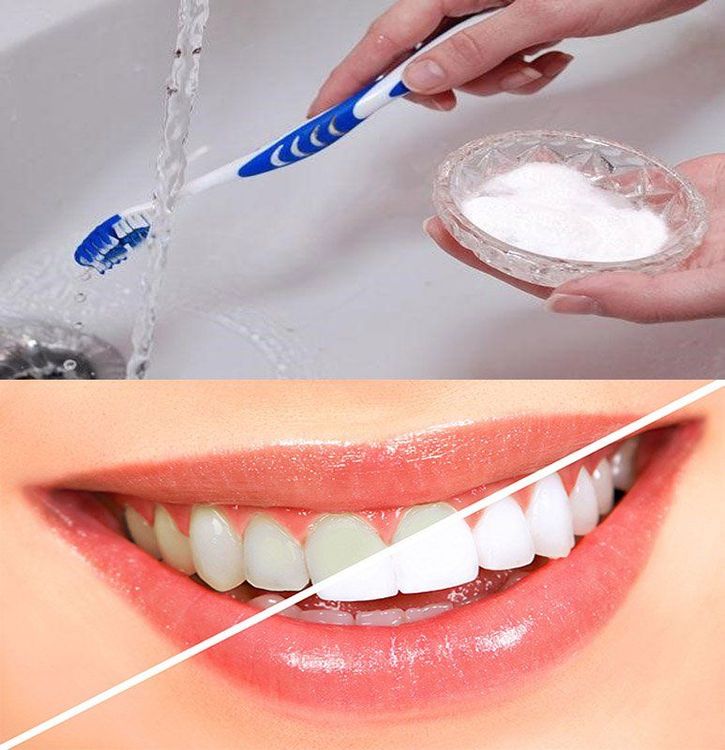
Các chất tẩy trắng răng không kê đơn được bán rộng rãi tại các cửa hàng tạp hóa hoặc hiệu thuốc
2. What are the best teeth whiteners?
Some of the best teeth whiteners include:
Stain Removal Toothpaste: Although many toothpastes contain a mild abrasive to scrub teeth and remove surface stains, cream Whitening toothpaste contains additional polishes that help remove stains. But unlike bleach, they cannot change the color of your teeth. It should be noted that whitening toothpaste products primarily remove external stains and stains and will generally not affect internal stains or yellowing. Over-the-counter teeth whitening products: Available as whitening gels or patches. Over-the-counter teeth whitening agents are widely available at grocery stores or pharmacies. They contain one of two substances that whiten teeth and break down stains into smaller pieces, giving your teeth a brighter white appearance. In-office whitening: By providing a higher concentration of bleach than those found in over-the-counter whitening products, in-office whitening helps to whiten teeth faster than other methods. law at home. Usually your dentist will cover your gums with a protective gel or rubber and then apply a bleaching agent to your teeth. The gel stays for 15 or 20 minutes. That process is repeated once or twice. In addition, there are several methods of teeth whitening that involve light or lasers. At-home whitening trays: Getting the right custom aligners is another option for whiter teeth. Your dentist will provide instructions on how to prepare the tray with the whitening gel and how long it takes to place the tray in your mouth. These trays are also available as an over-the-counter product.
3. What are the risks of teeth whitening?
The biggest side effect experienced by people who use teeth whiteners is tooth sensitivity, which happens because the peroxide in the whitener can reach the dentin layer and irritate your tooth's nerve. Any whitening agent or powder can cause tooth sensitivity. Switch to a sensitive toothpaste one week before you begin the whitening process and continue using it during your treatment.
Gum irritation can also occur with at-home or in-office whitening treatments. While common side effects are only temporary, choosing products recommended by the American Dental Association ensures that they are safe and have no side effects on your teeth. Note that although the effects of whitening procedures fade over time, overusing them can be harmful to teeth and gums. Consult your dentist before you start using teeth whitening products to avoid causing serious or long-term harm to your teeth or oral health.
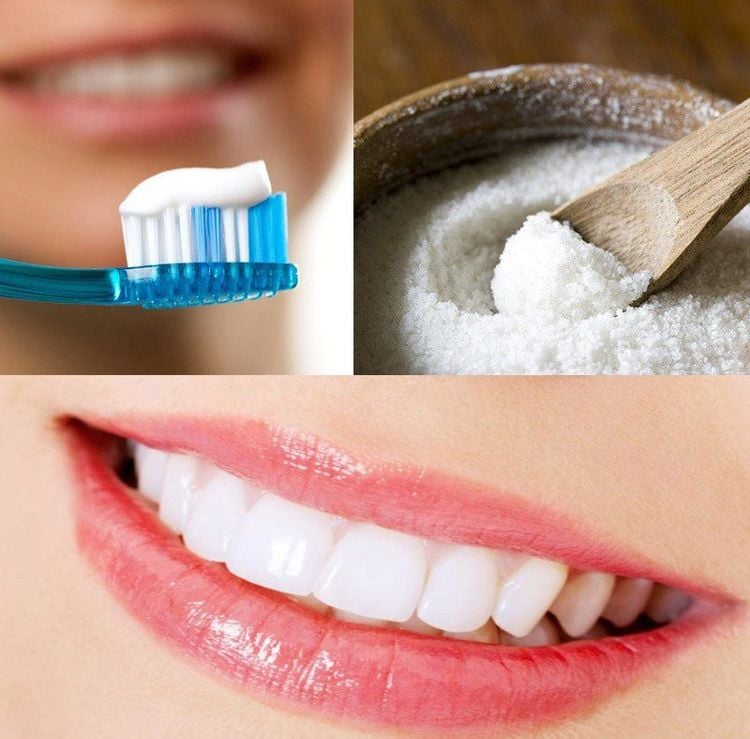
Có rất nhiều loại chất làm trắng răng phù hợp với nhu cầu và ngân sách của nhiều đối tượng khách hàng
4. How to keep teeth always white?
Oral hygiene and flossing are simple measures to help keep teeth clean, free from cavities and limit discoloration. For discolored teeth, you will need to whiten them every 6 months or once a year to keep them looking as white as they should. Even after professional teeth whitening, your teeth may still be stained externally from drinking coffee, tea, red wine, and from smoking. If you want whiter teeth, get rid of these habits.
Also, rinse your mouth with water after sipping strong drinks to reduce the risk of yellowing teeth. Finally, note that teeth whitening agents should not be overused. Your teeth will not look natural if they are lighter than usual.
Although choosing the best possible teeth whitener is not easy. But with the variety and availability of many types of teeth whitening agents today, you can choose for yourself a product that fits your needs and budget. Remember to consult your dentist before using any kind of teeth whitener for strong, white teeth and the smile of your dreams.
Please dial HOTLINE for more information or register for an appointment HERE. Download MyVinmec app to make appointments faster and to manage your bookings easily.
Reference sources: colgate.com, webmd.com



